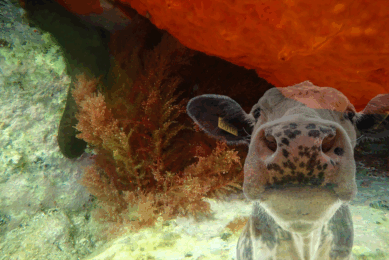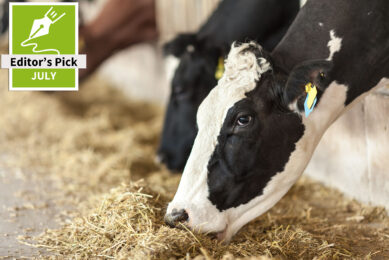EFSA opinion: Ammonium chloride for bovines, sheep, dogs and cats
The European Food Safety Authority’s Panel on Additives and Products or Substances used in Animal Feed (FEEDAP) has published a scientific opinion on an application for the re-authorisation of ammonium chloride when used as an acidity regulator in feed for dogs and cats, and for a new use of ammonium chloride as an acidity regulator in feed for bovines and sheep.
A feed concentration of 1% ammonium chloride is considered safe for ruminants for a restricted period of time (approximately 3 months).
For an unlimited period of administration 0.5% ammonium chloride in the complete feed for ruminants should not be exceeded, particularly considering the variety of feedingstuffs with different anion–cation ratios.
Ammonium chloride will not be excreted as such, but rather as urea and ammonium and chloride ions. All are natural substances in animal excreta.
The use of ammonium chloride at dietary levels considered safe for ruminants does not therefore pose a risk for the environment.
Pet food effect
For cats and dogs, 0.5% ammonium chloride in the complete diet can be considered safe for an unlimited period.
Doses higher than 0.5 % ammonium chloride in complete feed for dogs and cats should be restricted to veterinary treatment.
Since both ions of ammonium chloride will be rapidly excreted, predominantly via the kidney, no increase in the endogenous concentration of these ions in tissues and products is expected.
The use of ammonium chloride in animal nutrition does not therefore raise any concerns for consumer safety.
The pH value of a dry cat feed was reduced and its buffering capacity increased by the addition of increasing amounts of ammonium chloride but no significant relevant effects on pH values or on buffering capacity were seen for other feed types (dog, cow, lamb).
Conclusion
The FEEDAP Panel concluded that the efficacy of ammonium chloride as an acidity regulator of feed was not demonstrated.
The FEEDAP Panel noted that dietary ammonium chloride is a potent urinary acidifier and that it could be used for that purpose in ruminants, dogs and cats.











